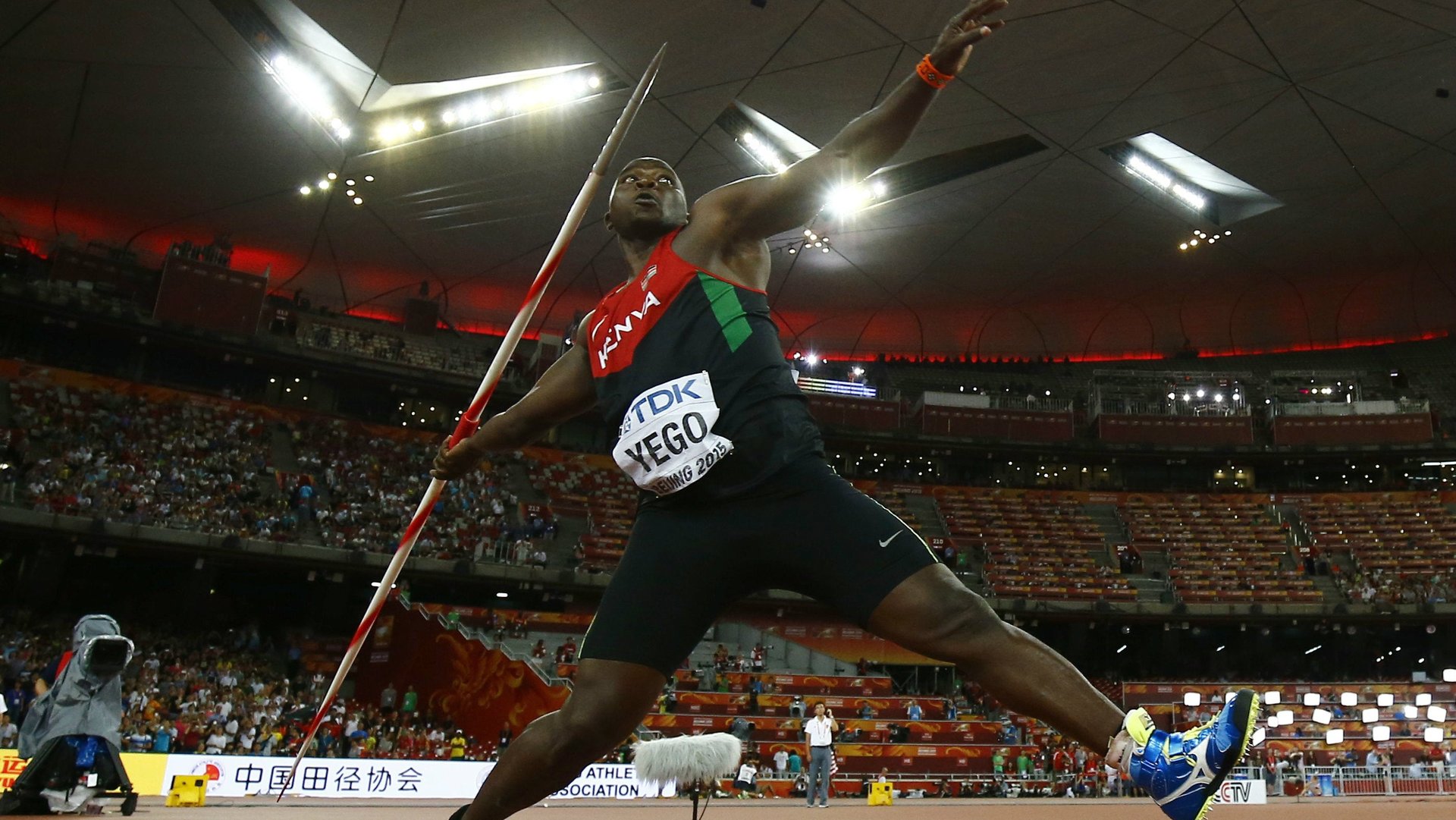Quartz Africa Weekly: Pollution in West Africa’s cities, Nigeria’s unique corruption, growing Africa’s bandwidth
Thinking about the type of corruption that really hampers Nigeria’s economy. It’s often assumed corruption is the only reason for the country’s failure to break past its lower middle income status. The argument is usually that if the billions stolen by corrupt leaders were recovered and invested Nigeria would prosper. But economic development is not an event occurring at a single point in time.


You can receive this weekly brief, and more from Quartz Africa, by signing up for free here
Five stories from this week
Thinking about the type of corruption that really hampers Nigeria’s economy. It’s often assumed corruption is the only reason for the country’s failure to break past its lower middle income status. The argument is usually that if the billions stolen by corrupt leaders were recovered and invested Nigeria would prosper. But economic development is not an event occurring at a single point in time.
West Africa’s air pollution is reaching dangerously high levels—and we don’t know the worst of it. Air pollution in fast-growing cities like Lagos is reaching dangerous levels, writes Lily Kuo. But the worst part is almost nothing is known about the pollutants emerging from these new urban centers, says a new study.
Chinese investment in Africa is more diverse and welcome than you think. The China-in-Africa narrative has championed the idea the Asian giant’s dealmaking across the continent has been about offering to build much-needed infrastructure in exchange for much-needed natural resources. But new research of the types of deals shows much more nuance.
Kenya’s Julius Yego won the gold medal in javelin after learning how to throw on YouTube. Yego’s throw of 92.72m won the World Championship in Beijing by four meters writes Omar Mohammed, nearing the long-standing world record of 98.48. Remarkably, he was almost entirely self-taught by watching YouTube videos.
Africa’s internet may be slow, but bandwidth capacity is growing faster than anywhere else. Sibusiso Tshabalala explains that research into Africa’s internet capacity shows it’s growing faster than other world regions with a more than 50% annual rise in capacity each year. But that won’t necessarily fix the slow connection speeds.
Chart of the week
Africa’s richest man plans to almost double the continent’s cement production by 2020. Nigeria’s Aliko Dangote has inked a $4.3 billion partnership with Chinese firm Sinoma International to build cement facilities across the continent adding around 25 million tonnes over the next 30 months. But his target is 100 million tonnes by 2020.
Other things we liked
Generating cheap solar electricity. A research team at Stellenbosch University, one of South Africa’s top research universities, have solved a solar puzzle that even Google couldn’t crack: how to generate cheap solar power using small-scale mirrors to concentrate the sun’s energy, the Guardian reports.
African countries and the data revolution. An increase in mobile phone penetration on its own is not enough, African countries can harness this to develop data projects that can help generate solutions for commerce, adminstration and health, writes Neil Lawrence, a professor of machine learning at the University of Sheffield in the UK.
Money didn’t help solve the Ebola crisis, people did. Despite their lack of medical expertise, paramount chiefs, imams, priests and political leaders in Sierra Leone took the lead by passing 30 laws to curb the spread of Ebola in Freetown, the capital of Sierra Leone, writes the Economist.
This week, keep an eye on
East Africa’s leading currencies in Kenya, Uganda and Tanzania are expected to come under even more pressure as global investors flee emerging markets predict analysts to Reuters. But Nigeria’s struggling naira will stabilize in anticipation of dollar sales by the central bank.
Kenya’s leading mobile network Safaricom will hold its annual general meeting onThursday Sept. 3 at the Safaricom Kasarani Stadium. The company is handily winning its ongoing battle with No.2 operator Airtel’s attempts to paint it as a monopoly.